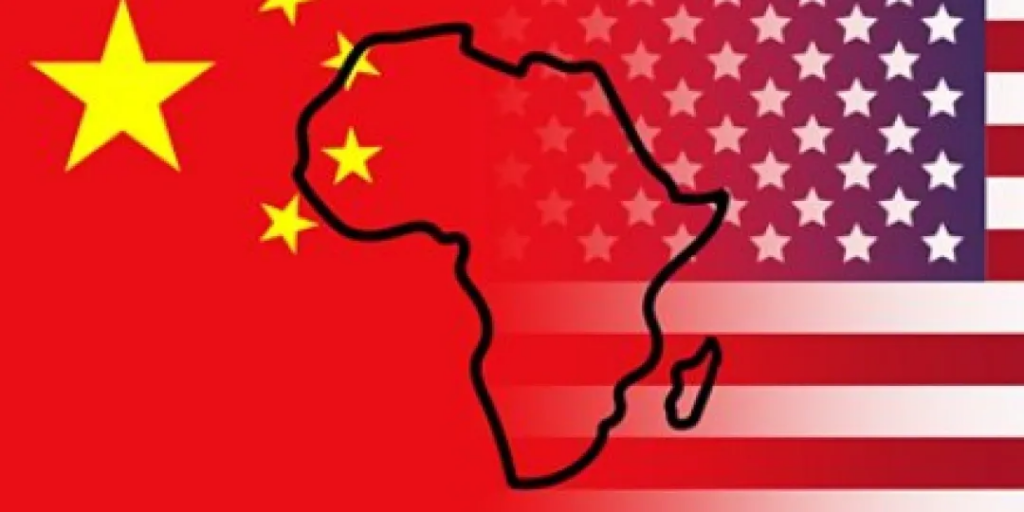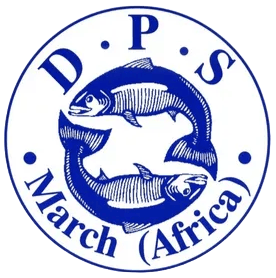
In the battle for influence in Africa the United States appears determined to ramp up alternative critical mineral supply chains to avoid reliance on China which dominates the processing of critical minerals such as cobalt, lithium and other resources from the continent that are required for clean energy and electric vehicles – and Africa is in US sights.
However, the US is cagey about its strategy, with its deputy-assistant secretary in the US State Department’s Bureau of Energy Resources, Kimberly Harrington, saying: “We see anywhere from three to six times demand growth for critical minerals across the world. So, I think our sense is that no single government, no single company, can create resilient supply chains.” She spoke about US intentions during a panel discussion at the Green Energy Africa Summit last week, which was held on the sidelines of Africa Oil Week in Cape Town.
Asked whether the US was playing catch-up with China, Harrington said simply that Washington was looking to “diversify” its sources.
“If the Covid-19 pandemic showed us anything it was that, if we are too overly reliant on any one source in a supply chain, it creates vulnerabilities, and so I think our approach overall on this issue is to make sure that we have diversity,” she said during a Q&A at the panel discussion.
“When it comes to China in general, our Secretary of State has been crystal clear, we have areas in which we cooperate with China, we have areas in which we compete with China, and that’s not going to change,” she said. “This is a complex and consequential relationship, and we see it as such.”
Fellow panellist Chiza Charles Newton Chiumya, the African Union’s director for industry, minerals, entrepreneurship and tourism, said he didn’t want to use the term “competing” to describe the relative approaches of the West and China, but agreed there was “lots of interest” in Africa’s critical minerals.
Independent analysts, however, had a different take.
“The Chinese made it a priority to corner the market for critical minerals about two decades ago and supported that strategy with massive public diplomacy and infrastructure investments into Africa — most of which came via long-term debt,” said Tony Carroll, adjunct professor in the African studies programme at America’s Johns Hopkins University.
“The West woke up to this strategy too late and have been scrambling ever since.”
Part of that response has been the Minerals Security Partnership set up by US President Joe Biden’s administration last year as a way to diversify supply chains. Partners include Australia, Canada, Finland, France, Japan, South Korea, Norway, Sweden, the United Kingdom and the European Union.
Source:- https://www.freightnews.co.za/article/competition-africas-resources-intensifies#



